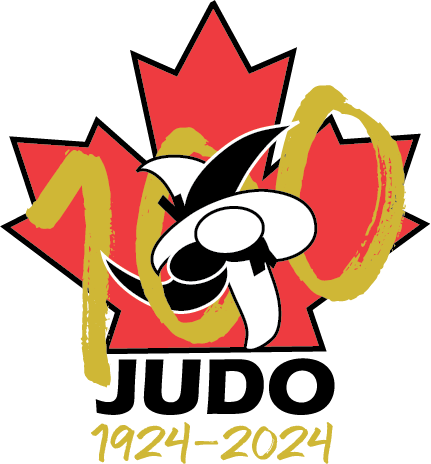Joe Casey Andres Finishes Second
29 December 2020Is Quebec’s Crown in Danger?
29 December 2020Even though mental preparation is becoming a necessary aspect in the evolution of an athlete, meditation still is a marginal practice. However, there are many possible benefits for judokas.
Judo was originally a martial art, but it evolved into a competition sport in which the physical aspect is sometimes considered more important than the technical and mental aspects. Yet, Jigoro Kano had imagined it as a global process to optimize the use of our physical and mental abilities. Some judokas have already starting to work on improving their mental abilities in the last few years, but it’s still in the back seat compared to physical preparation and technical work,
Think outside the box
Getting an expertise in activities other than judo is often a beneficial process. It’s something we’ve seen often with plyometrics in physical preparation. This muscle training method was first used in sports like volleyball and basketball. It became progressively used in other sports, until it became one of the most commonly known and used tools for fitness trainers.
We can also see it with the evolution of techniques in judo. A few years ago, before international regulation banned leg grabs, new techniques coming from different kind of wrestling were also used effectively on the tatamis. More recently, after the influence of Brazilian Jiu-Jitsu, we can see an evolution in the way some judokas approach ne-waza.
Searching, choosing and trying the best techniques is exactly what Jigoro Kano did when he created judo. After studying in different martial arts schools, he created his own mix, with the success we now know. Being curious and creative are qualities that shouldn’t be overlooked by judokas.
Performing with relaxation and meditation
During mental preparation, especially when executed by coaches who weren’t trained for it, most of the work goes toward motivation, fighting spirit, and self-confidence, while neglecting stress management and the importance of a good focus. That’s where meditation can help the progression of judokas.
Many political or financial leaders use meditation to improve their performance. Among the most famous, we can think of Steve Jobs, creator of Apple, who used meditation to train his brain, reduce his stress, and boost his perspicacity and creativity.
In general, relaxation techniques are known for their stress reducing effects, but depending on the methods used, the benefits can be much more than that. In sports, sophrology has proven to be effective to get rid of psychological barriers experienced by some athletes.
Among the different meditation techniques, transcendental meditation is one of the most well-known. Although sometimes controversial, it can help judokas with the benefits it produces: improvement of the overall physical fitness, mental energy, and ability to concentrate. Brasilian Olympic medallist Flavio Canto often used it during his career. After retiring, he started using this method in his judo school, the Reaçao institute, where the Olympic champion Rafaela Silva was trained.
Another useful meditation technique for judokas is mindfulness meditation. This method, focusing of the present moment, helps to imrpove the ability to concentrate. It has already proven to be effective in sports where focus is essential, and is also used in poker. American Andrew Lichtenberg, 2010 World of Series Poker Circuit Champion, attributes his success to his practice of transcendental meditation.
Concentration, an important quality for judokas
The ability to concentrate in some of the best judokas allow them to become excellent poker players. American Joe Marchal (university world medallist), who became a poker player, explains that playing poker allowed him to revive his love for competition and his mental strength skills.
Another example would be French Roger Hairabedian, finalist at the France Championships in 1980, who also started playing poker after retiring. In an article about him in 2014, he said that his judo training is what allowed him to perform so well in poker, because both disciplins ask for the same level of concentration, the same discipline, and the same approach to predict what the opponent will do.
To learn from other sports for physical, technical or mental preparation can only be beneficial for judokas, and it represents a great opportunity to be better prepared than their opponents while changing things up in training. For this reason, meditation can be seen as a risk-free new experience that offers the possibility to improve your concentration and stress management skills, while feeling well-rounded and in better shape.
This is a translation of an article published on Alljudo on February 23, 2018.




